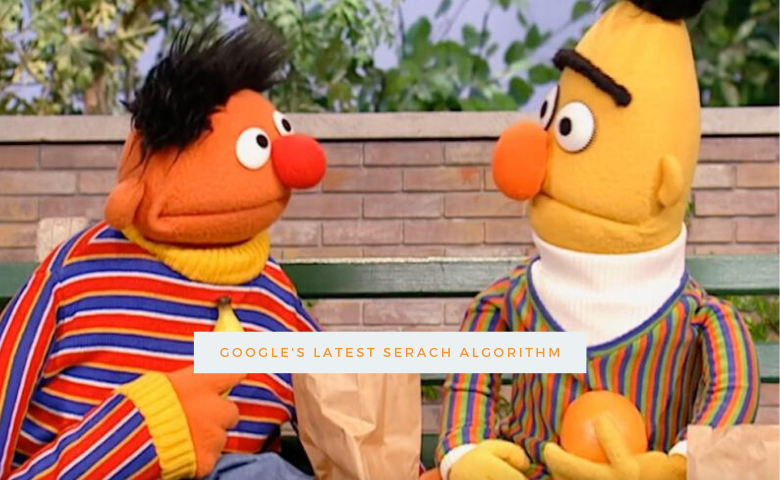Google’s Latest Search Algorithm will impact 1 in 10 of all search queries.
Since Google is claiming that the BERT update will affect 10% of searches, it is a pretty big deal! Therefore, I ran a few queries about this latest algorithmic change. The following is my best understanding and summary of BERT.
Google is saying that “BERT will help search engines better understand the nuances and context of words in searches and better match those queries with more relevant results.” BERT will also used to enhance the search of featured snippets.
So what is BERT? It is Google’s neural network-based technique for natural language processing (NLP). BERT stands for Bidirectional Encoder Representations from Transformers. In English, BERT is the name used to describe software that will enhance Google’s search methods to provide higher quality results, when users enter their search queries.
Artificial Intelligence and Search
In 2015, Google released its first artificial intelligence method for understanding search. RankBrain looked at both queries and the content of web pages in Google’s index to better understand the meaning of the words. BERT is not intended to replace RankBrain. Bert will serve as an additional means for understanding content and queries. RankBrain can and will still be used for initial queries. But when Google thinks a query can be better understood with the help of BERT, Google will use it. In fact, a single query can be run through multiple algorithms, including BERT, for the BEST understanding of a search query.
What does this all mean?
There is a multitude of ways that Google can interpret the language in a search query, what it means, and how it relates to the content on a page. For example, if a user misspells something, Google’s spelling systems can help find the right word to find the intended result. If a user enters a word that’s a synonym for the actual word in a relevant document, Google can match those. BERT is another signal Google uses to understand language. Depending on what you search for, any one or combination of these signals could be more used to understand your query and provide a relevant result.
This update will affect complicated search queries that depend on context.
It’s important to understand that BERT analyzes search queries, not the content on a page. So, while there’s not much you can do to optimize for BERT directly, it does mean you should put major emphasis on your efforts to create relevant, quality content. Focus on creating content geared towards the actual questions your audience might be asking. Get a leg up by incorporating dedicated FAQ sections focused not just on keyword density but on quality answers.
You should also put more focus and emphasis on your snippets to ensure they are truly related to the content on the page/post to which the snippet is attached. As more is released and understood on BERT, I will be sure to share in follow-up posts. Meanwhile, I have updated my Google algorithms cheat sheet for your reference.
